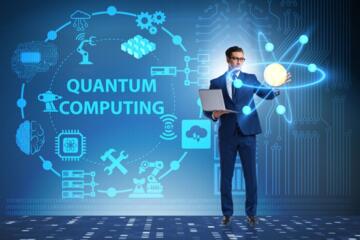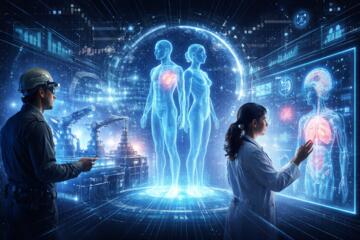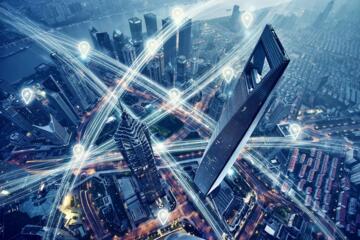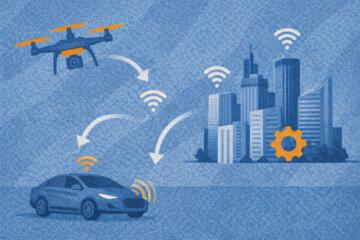Imagine a city where traffic lights adjust in real-time to reduce congestion, buildings regulate their own energy use, and emergency services are dispatched before a 911 call is even made. This is not a sci-fi movie—it’s the emerging reality of smart cities, where digital infrastructure is interwoven with the physical world to improve how we live, work, and move.
As urbanization accelerates and climate concerns deepen, cities are under pressure to become more efficient, resilient, and livable. Smart city technologies—ranging from IoT sensors to AI-powered analytics—promise to transform chaotic urban environments into
optimized ecosystems. But they also raise questions: Who controls the data? Can cities become too automated? And will technology truly make urban life better—or just more monitored?
In this article, we’ll explore what makes a city “smart,” where the technology is heading, and what this transformation means for the future of society.
🧠 What Is a Smart City?
A smart city uses digital technologies and real-time data to enhance urban services, infrastructure, and sustainability. It combines sensors, AI, 5G, big data, and automation into a unified system that monitors and responds to urban dynamics.
Think of it as a central nervous system for the city—constantly gathering data, analyzing it,
and triggering responses across energy, mobility, public safety, waste management, and more.
🛠️ Key Technologies Powering Smart Cities
-
IoT Sensors: Embedded in streets, buildings, and vehicles to monitor air quality, traffic, noise, water usage, etc.
-
AI and Machine Learning: For predicting traffic, optimizing waste collection, or even forecasting crime patterns.
-
5G Networks: For ultra-fast, low-latency communication between devices and systems.
-
Digital Twins: Virtual models of real-world systems used to simulate and test scenarios before implementing changes.
-
Edge Computing: Processing data closer to the source to reduce lag and bandwidth strain.
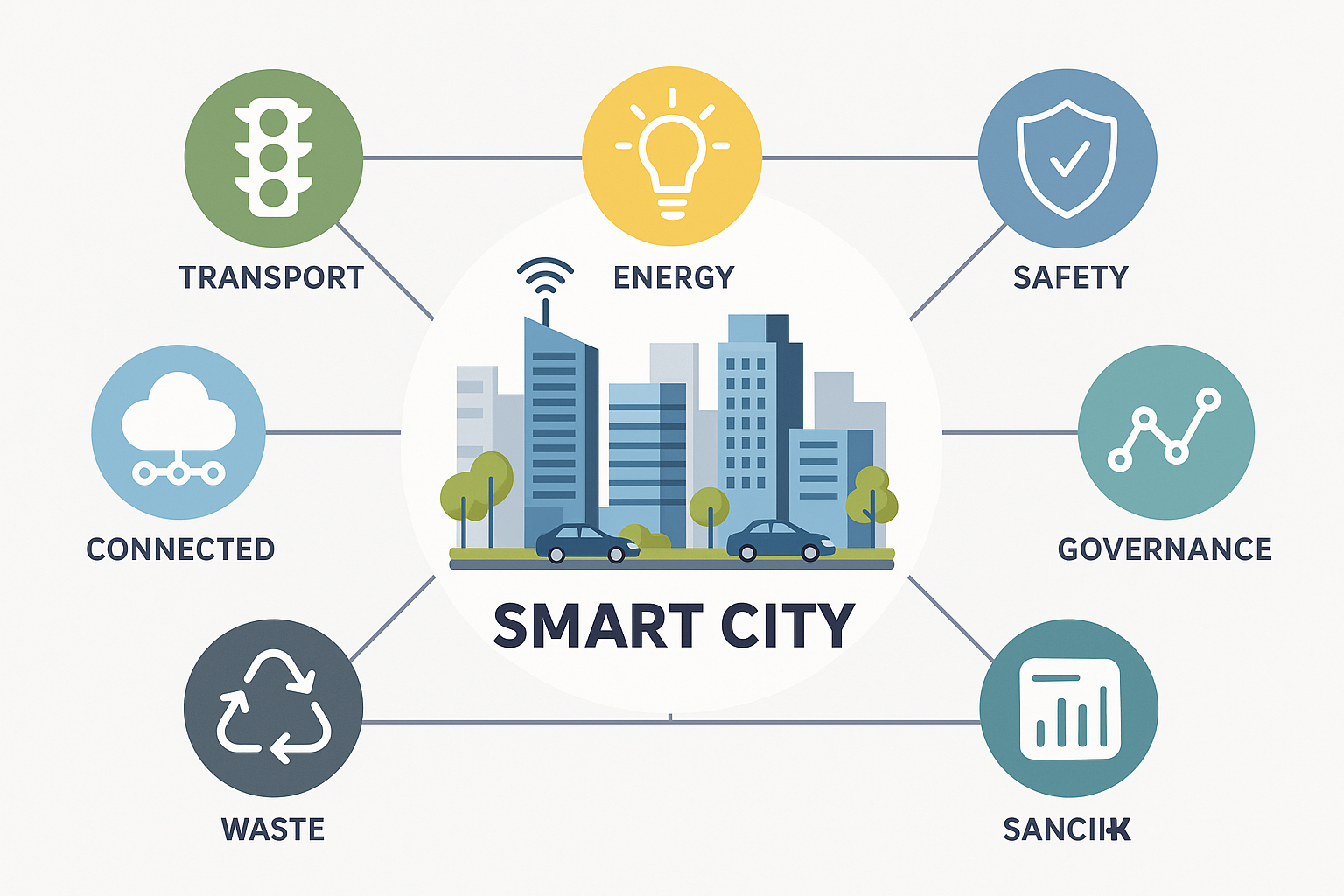
🌍 Examples from the Real World
🇰🇷 Seoul, South Korea
Seoul has deployed over 50,000 sensors for traffic, pollution, and infrastructure. Its “Smart Seoul 2030” initiative includes AI chatbots in public services and real-time digital twin monitoring of entire districts.
🇸🇬 Singapore
A global benchmark in smart governance. Singapore uses AI to manage public housing, autonomous buses for mass transit trials, and facial recognition for immigration and payments (with privacy concerns growing).
🇪🇪 Tallinn, Estonia
A pioneer in e-governance. Residents can vote, access healthcare, and pay taxes online through a secure digital ID infrastructure—putting administrative efficiency at the core of smart citizenship.
📈 Tech Trends Shaping the 2030 Smart City Vision
-
Predictive Urban AI: From crime prevention to flood alerts.
-
Urban Decentralization: Smaller “15-minute cities” powered by local data.
-
Energy Microgrids: AI-balancing of local solar/wind power.
-
Mobility-as-a-Service (MaaS): App-based integration of bikes, buses, metro, EVs.
-
Digital Democracy: Real-time public feedback loops via apps and blockchain voting.

🧾 Conclusion: Not Just Smarter—Better?
Smart cities represent more than just high-tech gadgets or futuristic skylines. They’re about rethinking the relationship between citizens and urban space through the lens of data and intelligence. When done right, they can improve sustainability, equity, and quality of life. When done wrong, they risk becoming over-surveilled, over-controlled machines that leave people behind.
The smart city of the future isn’t just connected—it’s conscious: aware of its impact, responsive to its people, and designed for the common good.


